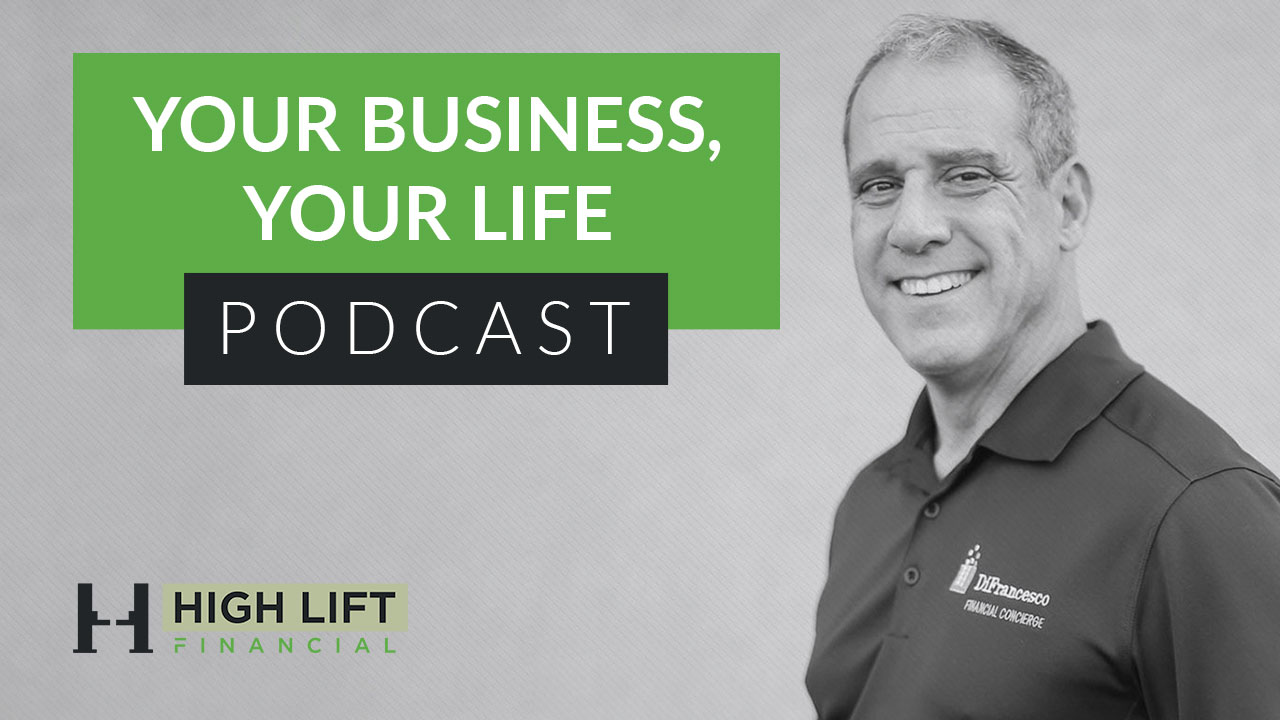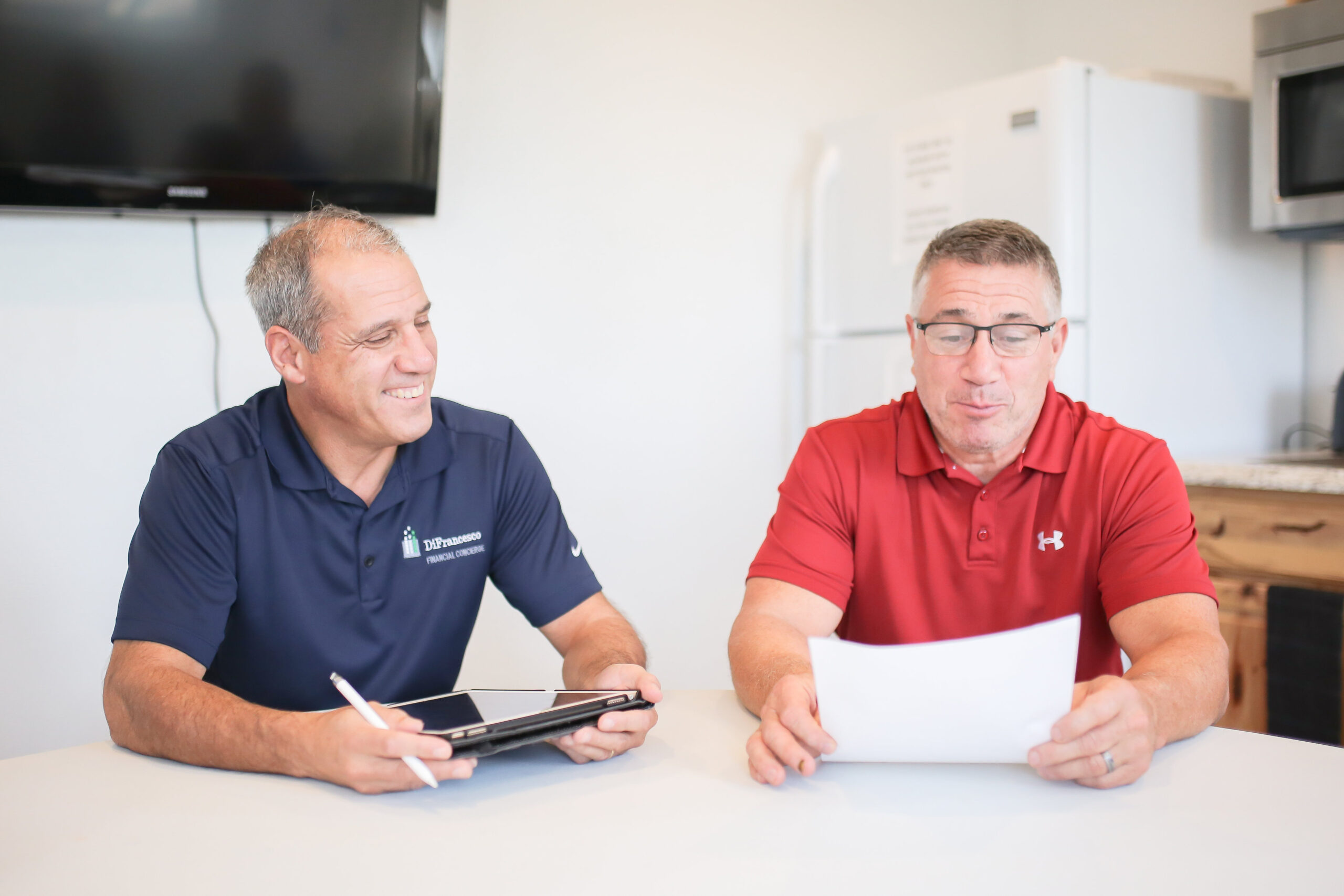The Essential vs. Incidental Owner: Navigating Business Success in Collision Shops
In the world of business ownership, particularly within the collision shop industry, there lies a significant distinction between what can be termed an “essential owner” and an “incidental owner”.
This difference affects how the business runs and the owner’s quality of life and freedom. The main question is whether the business can succeed without the owner’s daily involvement.
If you plan to sell your business soon and need an exit strategy, schedule a free 20-minute conversation with Matt DiFrancesco. Discuss your vision and find out how you can adjust the nuts and bolts of your business and life to become prosperous.
The Essential Owner
An essential owner is someone whose presence is critical to a shop’s success.
Their involvement in daily operations, decision-making, and overall management is so vital that their absence would lead to a significant drop in production and revenue. The business relies heavily on their skills, knowledge, and personal touch.
This can become a major problem when the owner wants to take a step back, either to enjoy personal time or to transition towards selling the business.
An example of this scenario is an owner who is thinking about taking a month-long trip to Europe. If such a trip results in the business faltering or experiencing a noticeable decline, it highlights how essential the owner is to the operation.
The Incidental Owner
In contrast, an incidental owner has structured their business in such a way that their absence does not impede its operations or affect its value.
The shop runs smoothly, employees are empowered, and systems are in place to ensure continuity regardless of the owner’s physical presence.
This setup offers the owner the freedom to take extended breaks or focus on other interests without worrying about the business’s performance.
Take the case of a young business owner who purchased several shops and, with strategic planning and effective delegation, he managed to take a four-week vacation with zero contact with his business.
During this period, the shop experienced a 35% growth, validating the strength and independence of the business model that the owner had built.
This success is a testament to the efficacy of transitioning from an essential to an incidental owner.
Empowering Employees and Delegating Responsibilities
Transitioning from being an essential owner to an incidental owner requires a fundamental shift in how a business is managed.
It involves empowering employees, delegating responsibilities, and creating a robust management structure that ensures the business can operate independently.
For instance, there is a burned-out shop owner who is considering selling his business. By working with coaches and implementing a strategic plan, he begins to delegate tasks and empower his employees.
Over time, he reduces his working hours while maintaining ownership and oversight. This shift allows him to enjoy a better work-life balance without compromising the business’s success.
The Impact of Community and Culture
Beyond running the shop, the owner’s identity is often closely connected with the business’s role in the community and its workplace culture.
Owners who deeply value their employees and the community impact of their business may find it challenging to sell to third-party buyers who may not uphold the same values.
Consider a shop owner who, upon evaluating his options, realized the significance of his shop’s culture and its role as a community asset.
The thought of selling to a large consolidator and seeing a different name on the shop’s sign every day was unsettling.
This realization prompted him to explore alternatives that would allow him to maintain the shop’s cultural integrity while gradually transferring responsibilities to key employees.
Strategic Planning for Ownership Transition
Effective planning is crucial for owners who wish to transition from an essential to an incidental role. This process often involves:
- Assessment of Current Operations: Evaluating the extent to which the business relies on the owner’s presence.
- Development of a Transition Plan: Creating a detailed plan to delegate responsibilities and empower employees.
- Implementation of Systems and Processes: Establishing systems that ensure operational continuity.
- Employee Training and Development: Investing in employee growth to build a competent and autonomous team.
- Regular Review and Adjustment: Continuously monitoring and adjusting the plan to address any challenges or gaps.
Benefits of Becoming an Incidental Owner
Becoming an incidental owner has many benefits. Owners gain the freedom to pursue personal interests, reduce stress, and enjoy a better work-life balance. The business benefits from having a strong, empowered team that can succeed on its own.
Also, the business becomes more attractive to potential buyers since it doesn’t rely solely on the owner’s presence, which increases its value.
- Freedom and Flexibility: Incidental owners enjoy the freedom to pursue personal interests and take time off without worrying about the shop’s performance. This leads to reduced stress and a better work-life balance.
- Empowered Employees: By delegating responsibilities, incidental owners cultivate a team of empowered employees who can manage the business independently. This not only boosts morale but also enhances operational efficiency.
- Increased Business Value: A business that runs smoothly without the owner’s constant presence is more attractive to potential buyers. It demonstrates stability and resilience, which are critical factors in business valuation.
- Sustainable Growth: With systems and processes in place, the business can achieve sustainable growth. Incidental owners can focus on strategic planning and long-term goals rather than getting bogged down by daily operations.
- Community and Cultural Integrity: Maintaining the cultural integrity of the business is easier when the owner can focus on high-level oversight. This ensures that the values and community impact of the business are preserved even as operational responsibilities are delegated.
Conclusion
The journey from being an essential owner to an incidental owner is a transformative one. It requires strategic planning, effective delegation, and a commitment to empowering employees.
For collision shop owners, making this transition can lead to a more sustainable business model, increased personal freedom, and a lasting positive impact on both the business and the community.
The difference between an essential and incidental owner is profound, influencing not only the owner’s quality of life but also the long-term success and resilience of the business.
Are you a collision shop owner tied to your business day in and day out, dreaming of more freedom and less stress?
Imagine taking a month-long vacation without worrying about your shop’s performance.
At High Lift Financial, we can help make that possible. We can assist you in creating strategies that will empower your employees, streamline operations, and build a strong management structure.
Don’t let your business control your life. Contact High Lift Financial today and start your journey towards more freedom and a thriving, independent business. Schedule a free strategy consultation now and see how we can help you achieve work-life balance and a more valuable business.
Here are other resources related to this topic that you may want to check out:
Disclaimer
DiFrancesco Financial Concierge, LLC, d/b/a High Lift Financial, is a Pennsylvania-registered investment advisor and may conduct investment advisory services in states where it is registered, exempt, or excluded from registration. The content provided herein or on our website should not be construed as an offer for investment advice or for securities, insurance, or other investment products. Investments involve the risk of loss and are not guaranteed. Consult a qualified legal, tax, accounting, or financial professional before implementing any investments or strategy discussed here.


